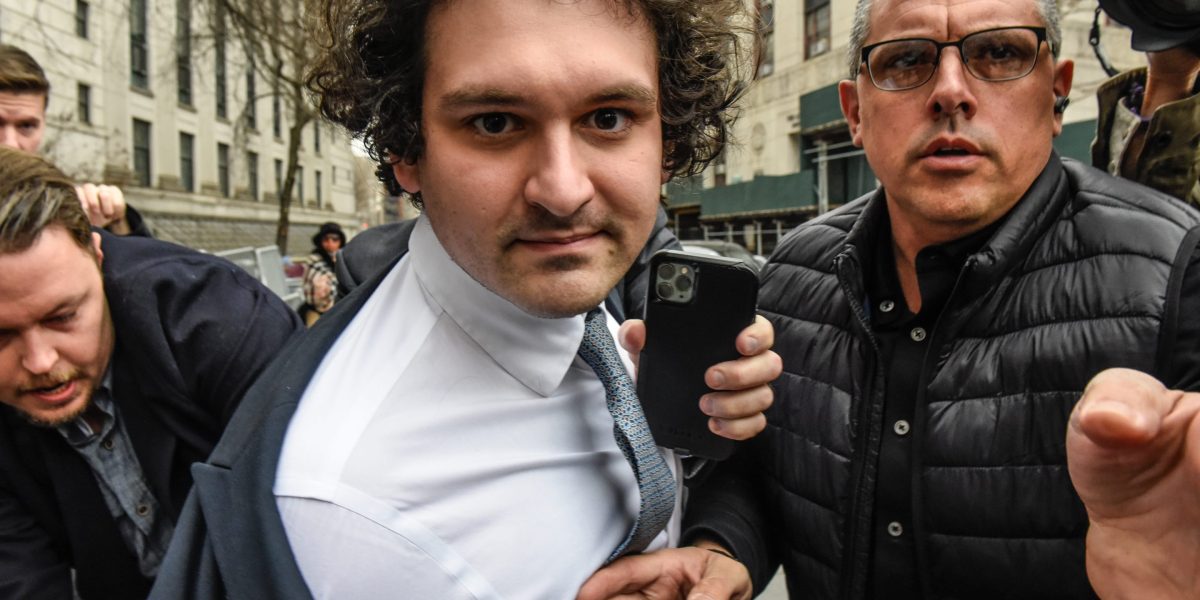The world’s population apex is in sight.
The United Nations predicts the global population will peak at 10.3 billion by the mid-2080s and cap off. Once speculated to be centuries away, the peak is now within grasp due to declining fertility rates across the world.
Last year, the U.S. fertility rate hit a historic low. Between 2014 and 2020, the fertility rate consistently decreased by 2% each year, according to the U.S. Centers for Disease Control and Prevention (CDC). Most notably, women between the ages of 20 and 39 are not having as many children as prior generations.
The economy has shouldered most of the blame for declining fertility rates. Having children is an expensive endeavor—and the tough housing market, a lack of universal paid family leave, and a shortage of affordable child care are not helping. Additionally, more people are marrying later in life than generations prior and having fewer children as a result.
However, Alice Evans, a social scientist at King’s College London, believes the baby bust is credited to something else entirely because the decline is consistent across vastly different economic landscapes.
So what can we attribute it to? More people are staying single—thanks to the phone.
“I think the big change that we see across the world, all at very different levels of income, is the massive improvement in hyper-engaging online entertainment: TikTok, video games, Call of Duty, World of Warcraft, Bridgerton, Netflix,” Evans says on Vox’s Today Explained podcast to host Noel King. “…these pronatal incentives of saying $2,000, $5,000 to have an extra child, they’re simply too small if the prior constraint is that most people are increasingly single.”
Over half of 18 to 34-year-olds are not in committed relationships, she points out. While Evans doesn’t decry singledom becoming more culturally “permissible,” she places the onus on the phone.
“Why venture out when everything is at your fingertips, from Netflix to Zoom meetings?” she says on the podcast. Evans sees the influence the digital landscape has on socialization across the countries where she has conducted research. “And so we see tracing the data over time that there is growing isolation. Young people are spending much more time alone.”
Marrying the screen, so to speak, is much more of a viable explanation than focusing on blaming women’s singleness and growing influence in the workforce, the rhetoric men on the right like Elon Musk and Vice President J.D. Vance have capitalized on as part of their pronatalist message, Evans adds. The decline also doesn’t have to do solely with the high price of having and raising a child.
“I think the conservative right in the U.S. will blame childless cat ladies, right? So they’ll say that, yes, women are overeducated, they’re living with their cats, and they’re very, very selfish,” Evans says on the podcast. “That theory has two major omissions, because the collapse in fertility is happening at vastly different political economies … So it’s not just about these overeducated women pursuing their careers. Also, there’s also a class-based variation. The U.S. right tends to blame these overeducated women—in Sweden and in Finland, the rate of childlessness is actually among the most disadvantaged people. They’re least likely to have children.”
Evans argues that the decline in fertility is traced back to the growing loneliness epidemic. Former U.S. Surgeon General Dr. Vivek Murthy said Gen Z is “particularly hard hit” by loneliness, propelled by growing screen time. A 2023 consumer study found that Americans are “50% human and 50% technology.” One analysis found adults may spend an average of 17 years of their lives on screens—nearly two decades that could be arguably spent meeting new people.
What’s next? Evans says community-level interventions may be at the forefront.
“My interviews suggest that if people aren’t spending time socializing, then they’re not necessarily developing the capacity to bond and charm and woo … Let’s have a range of pilot initiatives to build community groups, to build local clubs and societies, to support communities so that people can mix and mingle and fall in love.”
For more on Gen Z, screen time, and loneliness:
This story was originally featured on Fortune.com
Source link


 Entertainment8 years ago
Entertainment8 years ago
 Politics8 years ago
Politics8 years ago
 Entertainment8 years ago
Entertainment8 years ago
 Entertainment8 years ago
Entertainment8 years ago
 Tech8 years ago
Tech8 years ago
 Tech8 years ago
Tech8 years ago
 Politics8 years ago
Politics8 years ago
 Tech8 years ago
Tech8 years ago






